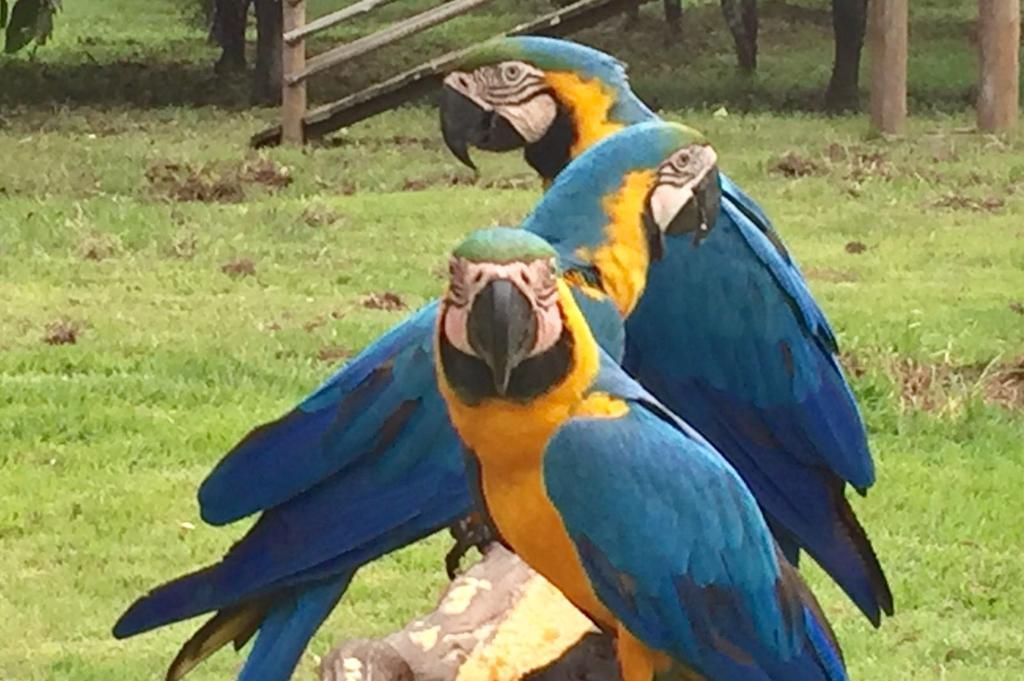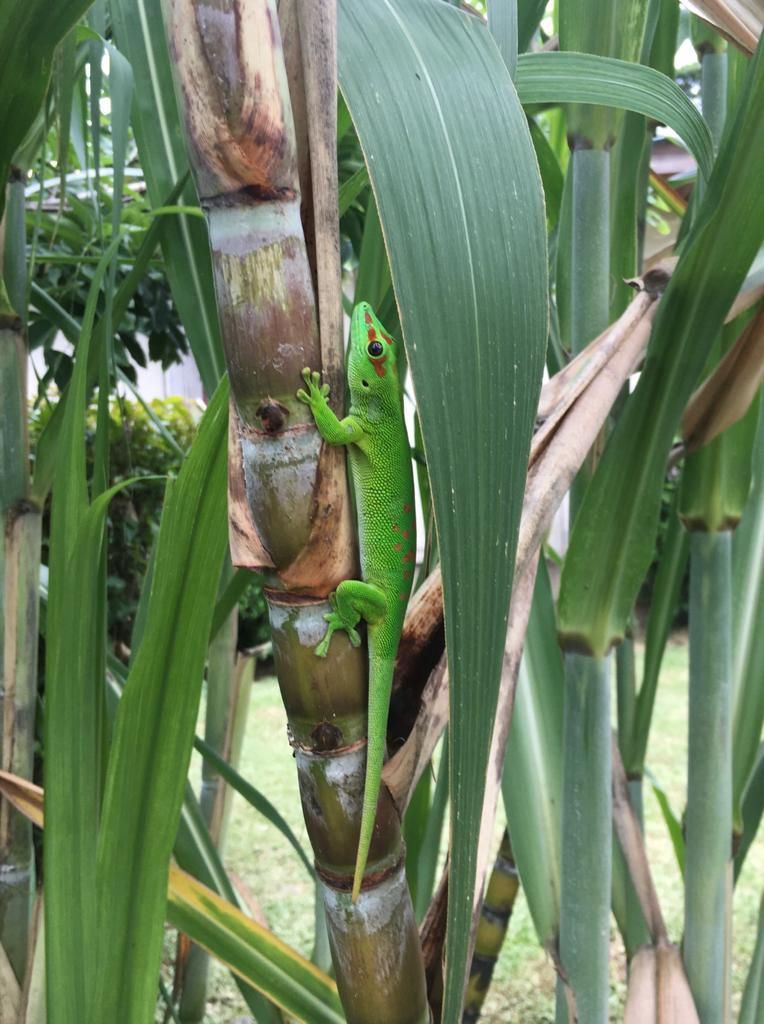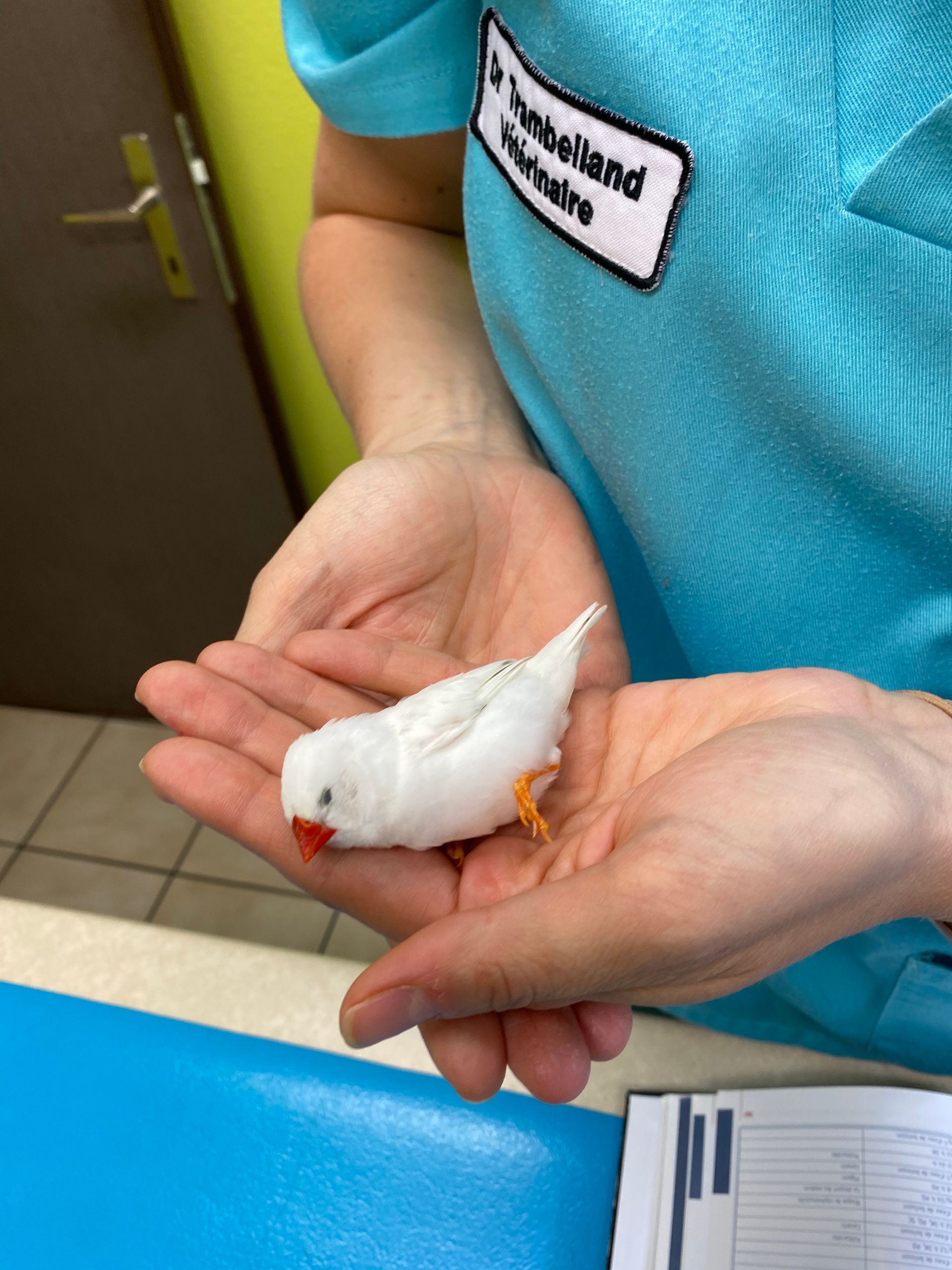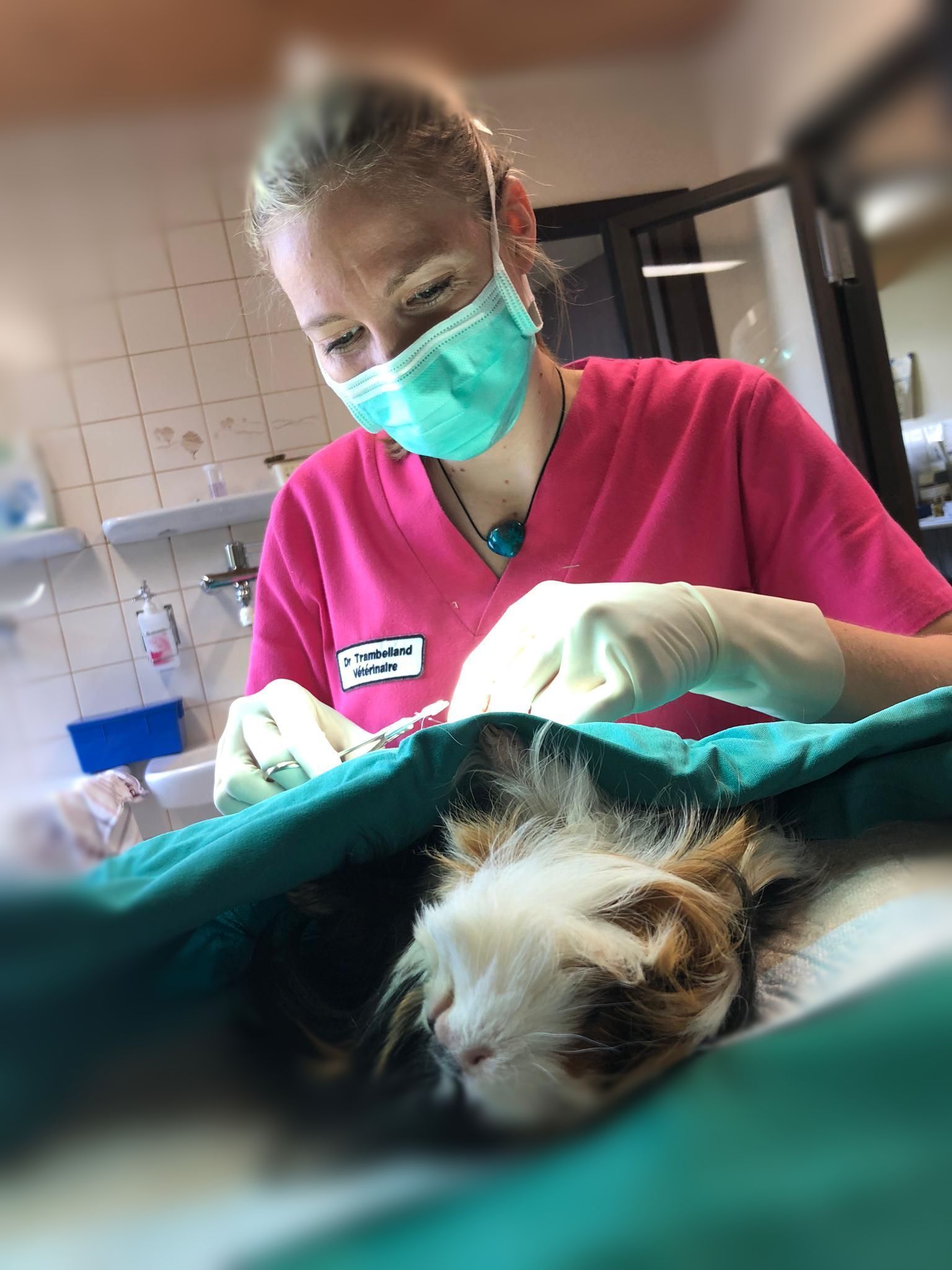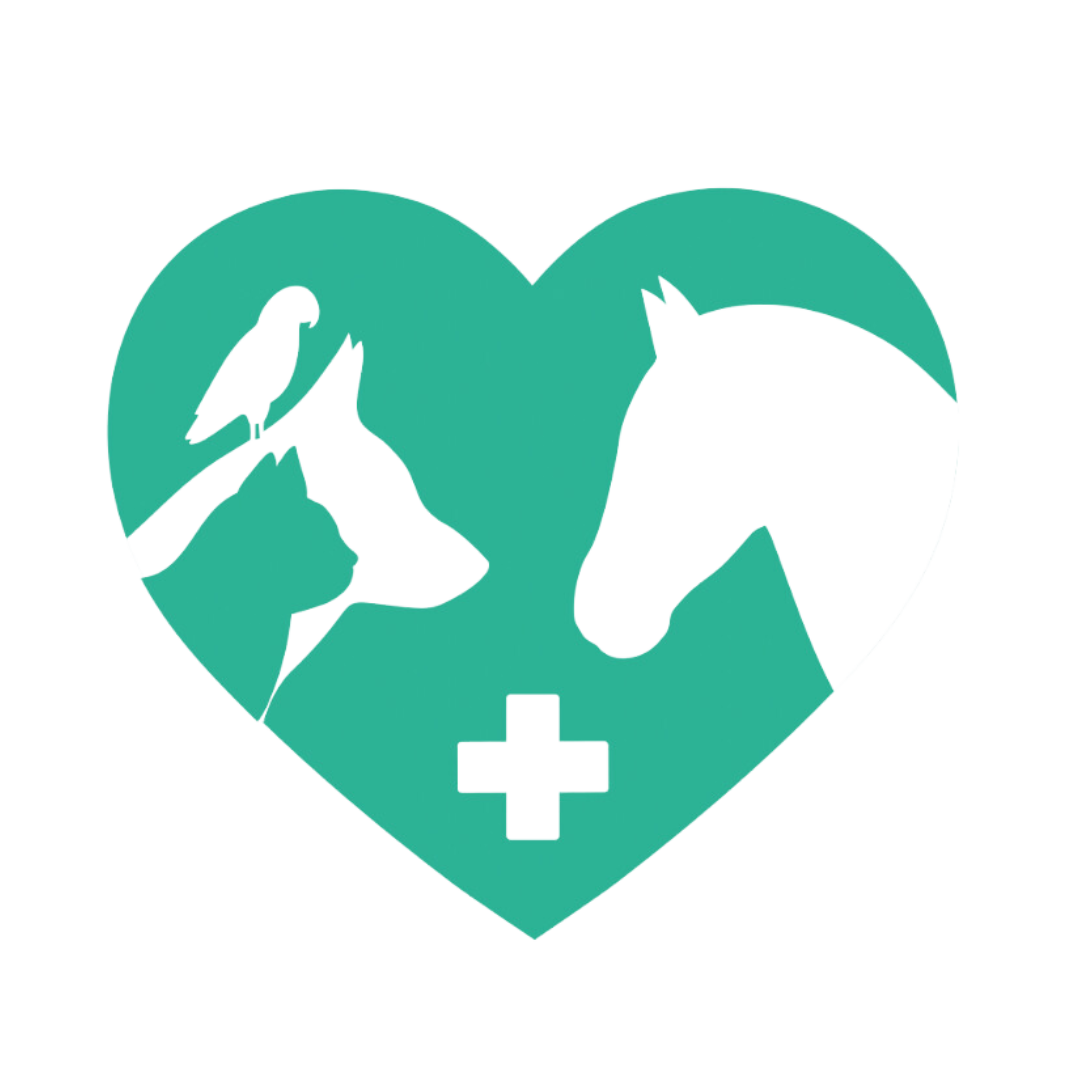
Rabbits and Rodents
RABBIT ration calculator
Feeding your rabbit well means providing it with a balanced ration.
To know the precise quantities to give in his daily ration, use our calculator by indicating the precise weight of your animal.
*formulas are based on veterinary and scientific data.

Ferret
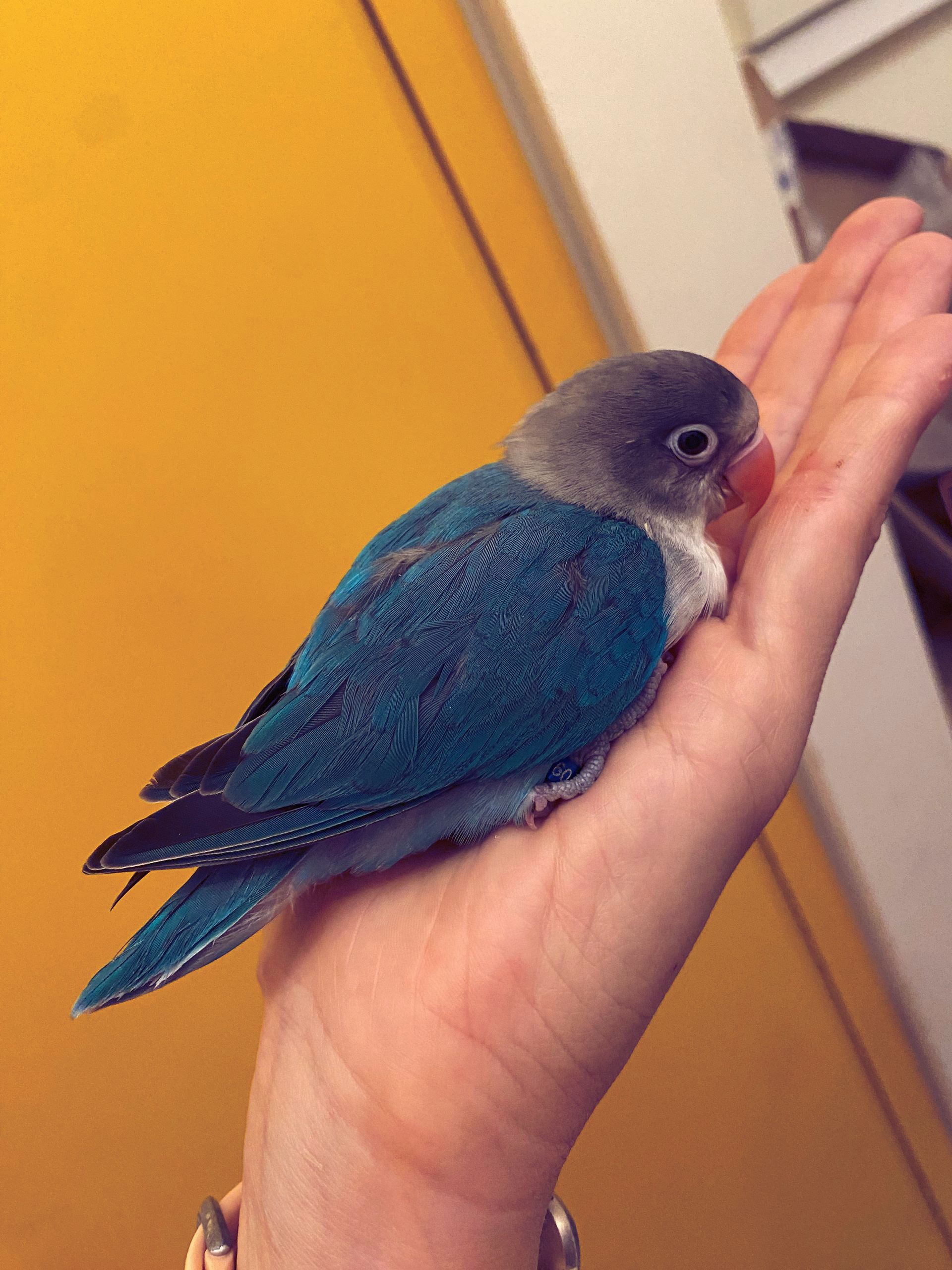
Birds
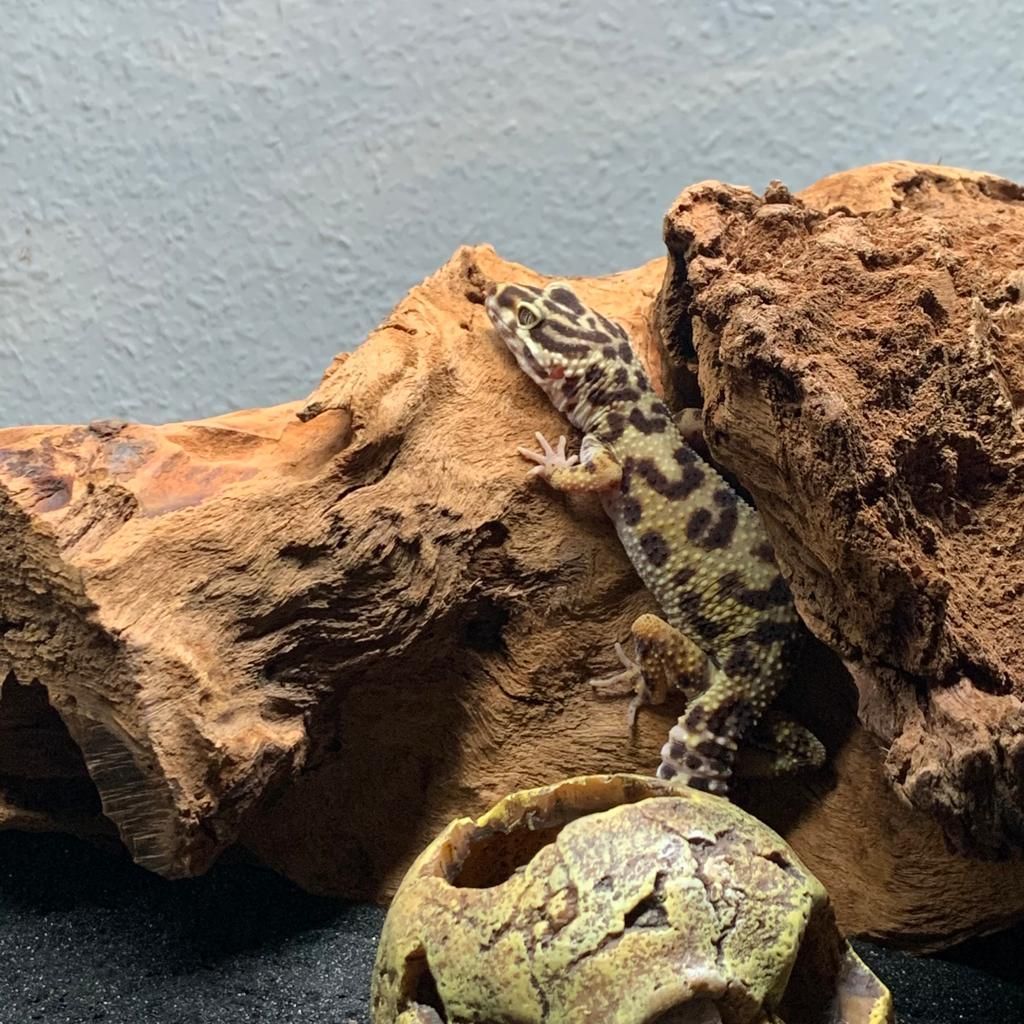
Reptiles
We respond to classic and familiar pathological situations such as:
- Consultation on the design of a terrarium adapted to the species considered. Feeding and maintenance advice, etc. Consultation before entering hibernation and after emerging from hibernation for terrestrial and aquatic turtles. Health exams and additional exams: stool tests, blood tests, x-rays.
- Main pathologies treated
Turtles: accidents and trauma to the shell leading to its repair, cold abscess of the middle ear, mycosis of the scales, viral rhinitis and conjuntivitis, osteodystrophy of the shell, parasitism, egg retention, hibernation disorders.
Snakes: moulting disorders, persistence of the contact lens, anorexia, abscesses, burns.
Lizards: anorexia, tongue disease, egg retention.
- Disease Prevention in Reptiles
In the animal world, reptiles are the creatures most linked to their living environment. Their body temperature varies depending on the temperature of the external environment. Their health is therefore strongly linked to fluctuations in their environment.
Each species evolves in an ecological niche which provides it with a specific gradient of temperature and humidity.
Particular attention should be paid to heat sources, water and adequate food. The difficulty of maintaining them in captivity brings into play all these very important notions of biology necessary for their proper development.
Poor control of detention conditions favors the appearance of
numerous pathologies, from which reptiles do not suffer in the natural environment. This is why it is essential to know and reproduce this natural environment with precision and control.
- Prepare your visit well in advance
You can download the questionnaire and send it to us by email before your appointment.
We recommend that you transport your reptile in a closed box or bag and keep it warm using a hot water bottle at around 30°C.
DOWNLOAD THE FORM






